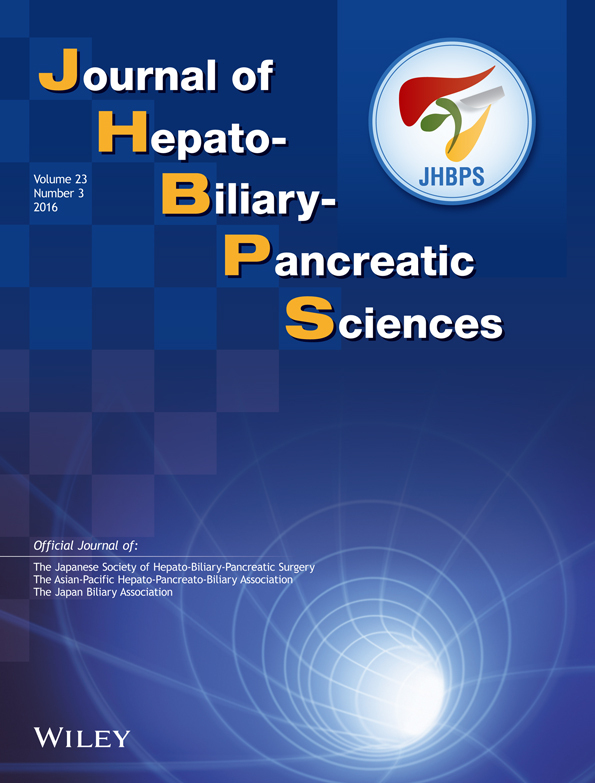Do pancrelipase delayed-release capsules have a protective role against nonalcoholic fatty liver disease after pancreatoduodenectomy in patients with pancreatic cancer? A randomized controlled trial
Abstract
Background
The aim of this randomized controlled trial (RCT) was to investigate whether pancrelipase protects against nonalcoholic fatty liver disease (NAFLD) development after pancreatoduodenectomy in patients with pancreatic cancer better than conventional pancreatic enzyme supplementation.
Methods
A total of 57 patients were randomly assigned to the study group (n = 29; pancrelipase replacement therapy) or the control group (n = 28; conventional pancreatic enzyme supplementation). NAFLD was defined as a liver-to-spleen attenuation ratio less than 0.9 on CT. Clinical and laboratory findings were also assessed.
Results
NAFLD was observed in 6/29 patients (21%) in the study group, and 11/28 patients (39%) in the control group, but this was not a statistically significant difference. In the control group, crossover to pancrelipase replacement therapy upon NAFLD diagnosis produced improvement in five out of 10 patients. Multivariate analysis showed that advanced age and extended resection were independent risk factors for NAFLD development.
Conclusion
This RCT did not show a significant protective effect of pancrelipase replacement therapy over conventional pancreatic enzyme supplementation on NAFLD development after pancreatoduodenectomy for pancreatic cancer. Further studies are clearly required to investigate the etiology of and new therapeutic strategies for treatment-resistant NAFLD (UMIN 000019817).




